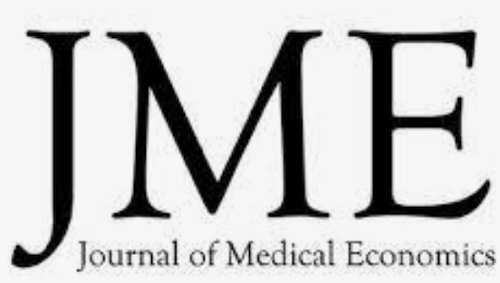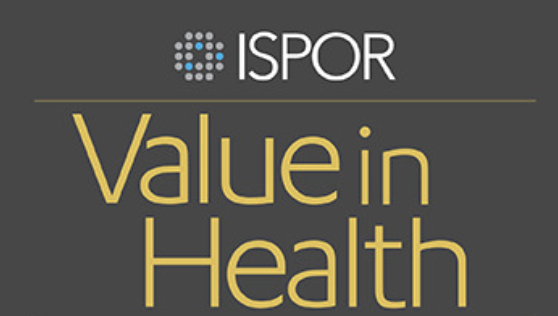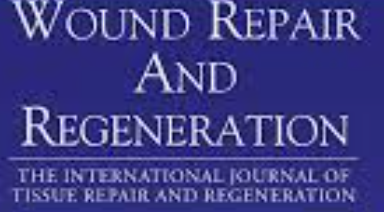Research & Publications
Read "Payer Perspectives" article
How can we improve wound care clinical research so that payers can have the evidence they need to formulate positive coverage determinations for wound care products and procedures? Read what 140+ stakeholders at the Wound Care Evidence Summit – including payers, policymakers, researchers, medical societies and clinicians, manufacturers and more – brought to the collaborative table in this first publication stemming from the 2022 Summit. “Better Wound Care Begins With Better Evidence: Outcomes of the Wound Care Evidence Summit" (Advances in Wound Care) identifies key themes that emerged, examines the quality and adequacy of the existing chronic wound care research base and discusses gaps and implications for clinical trial design as identified by Summit participants. Proposed solutions identified to improve evidence quality include:
See study
SEE NEWS RELEASE
View Presentation








